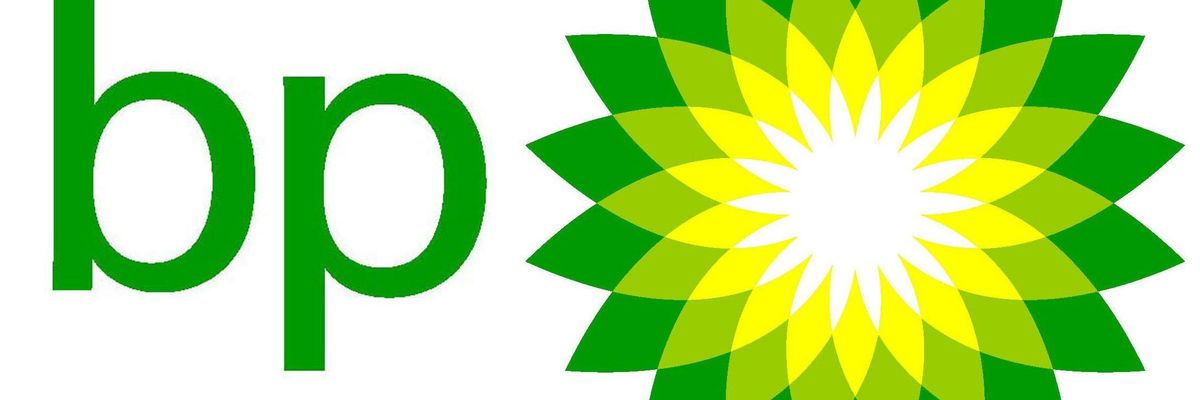As millions of people digest the saturated press coverage of the mid-terms, and wonder what the next two-years of a chaotic and destructive Trump Presidency will mean with the Republican loss of the House, it is easy to miss other issues that were also voted on this week.
On the Washington State ballot was something called the Carbon Emissions Fee and Revenue Allocation Initiative, known for short as Initiative 1631, which would have imposed a $15 fee on each tonne of carbon emissions, rising $2 a year until the state's 2035 emissions target is met.
It was a ground-breaking ballot that would have imposed the US's first ever carbon tax and if passed, would have been a spring-board for other states to follow.
It was a ground-breaking ballot that would have imposed the US's first ever carbon tax and if passed, would have been a spring-board for other states to follow.
According to Reuters "The carbon fee aimed to generate $2.3 billion over five years for clean energy and air programs" however the "oil industry was expected to feel most pain".
This said, as Rolling Stone point out: "The Initiative was hardly a fossil-fuel killer. In fact, it was distressingly modest .. This modest fee (don't call it a tax!) is far below what most economists believe is necessary to really have a transformative impact on our energy system, especially in a state like Washington, which has a lot of clean hydro power, but it was a start."
Even this modest start was too much for the Big Oil barons. For an industry that has decades of history of putting profits over people and planet, it is predictable what happens next. Big Oil effectively "bought" the election.
The measure was defeated 56 to 44 per cent after a Big Oil public relations campaign which said it would hurt the economy, including spending millions of dollars on television and digital ads, flyers and mail drops.
Reuters reports that "The Western States Petroleum Association raised $31.2 million from oil companies and business groups to oppose the measure". Top donors to the campaign were BP America, which donated just under $13 million, Phillips 66 and Marathon Oil Corp.
So the company that at the beginning of the century promised to go "beyond petroleum" just defeated a ballot which would have helped the US to do that.
BP's staggering hypocrisy even goes beyond that too: on its website the company says it is not only in favour of action on climate change but also in favour of carbon pricing, the very measure it just spent millions defeating.
So either this is corporate greenwash or a blatant lie to consumers and investors.
According to BP: "We believe that carbon pricing provides the right incentives for everyone - energy producers and consumers alike - to play their part in reducing emissions"
As Rolling Stone noted: "The big lesson of the defeat of 1631, if there is one, may be that before we can get carbon out of the atmosphere, we need to get dirty money out of American politics."
Towards this end, there was some good news on Tuesday night. According to an analysis by Oil Change US, "more than half of new Democrats in House refuse to take fossil fuel industry money".
Stephen Kretzmann, Executive Director of Oil Change United States said:"Despite the fossil fuel industry-sponsored carpet-bombing of advertising against clean energy and climate around the country, several bright spots survived".
He continued: "In a sign of things to come, more than half of the new Democratic freshman class has signed the No Fossil Fuel Money Pledge.Of the anticipated 34 new Democratic seats taken over from the Republicans, 11 have signed the Pledge, which commits them to not take contributions from the oil, gas, and coal industry and instead prioritize the health of our families, climate, and democracy over fossil fuel industry profits."




